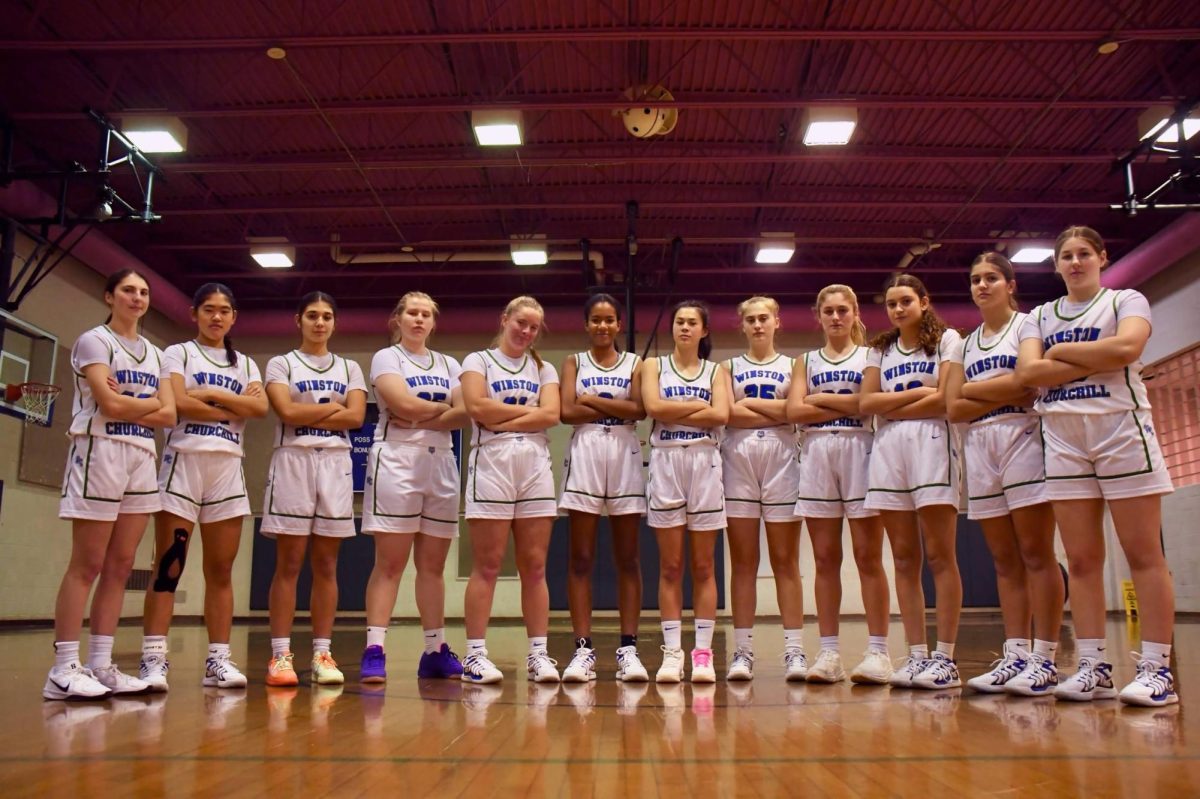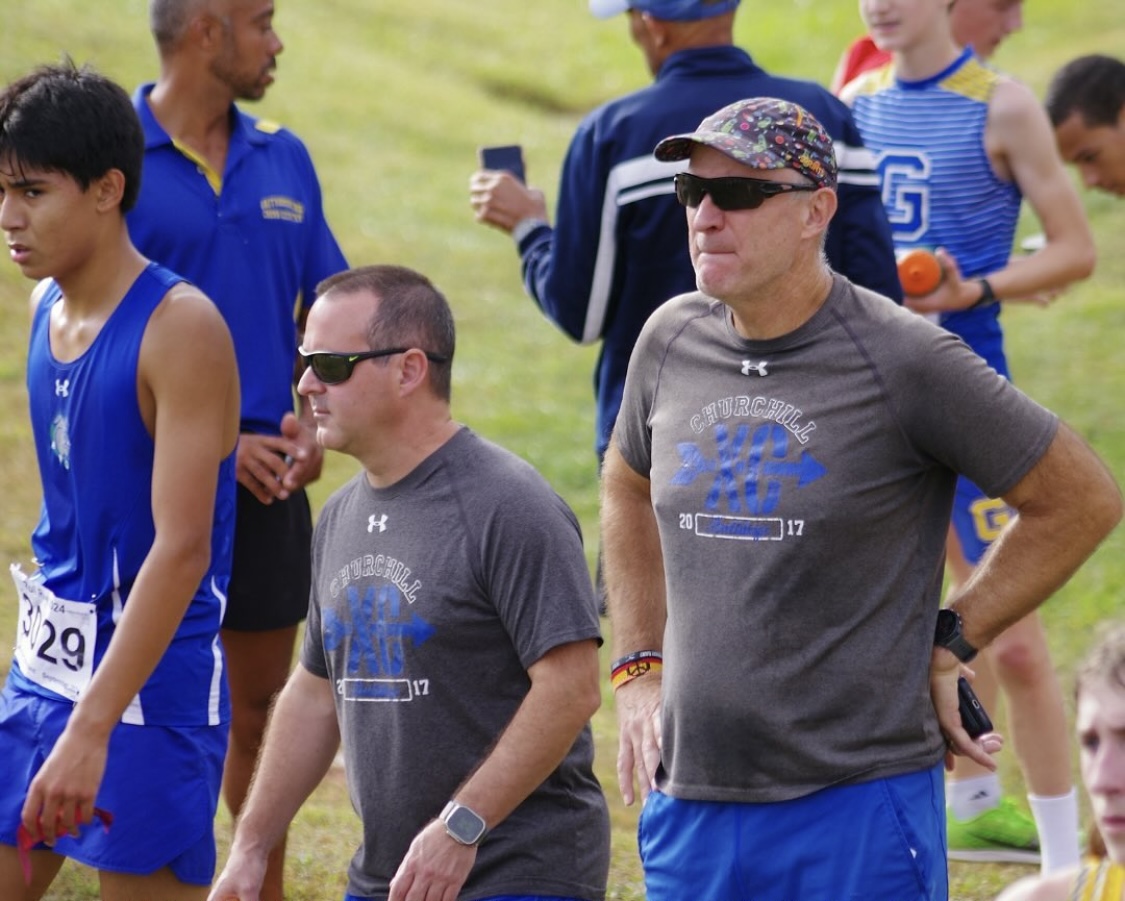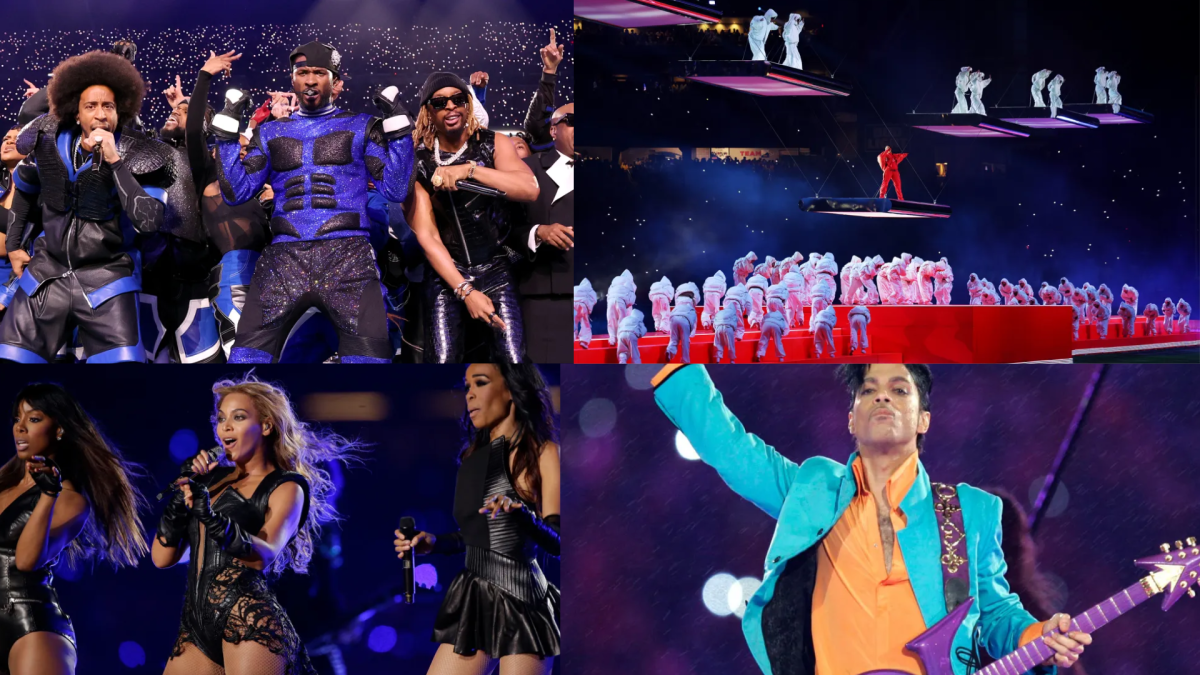The Green Bay Packers earned the right to call themselves Super Bowl XVL champions when they beat the Pittsburgh Steelers Feb. 6, but it may be the last live game football fans everywhere will be able to watch until Fall 2012.
The NFL faces a potential lockout for next season where no games will be played if the players and owners are unable to reach a compromise for a new collective bargaining agreement by March 4.
“Players must understand that when the doors are locked—and they will be—they have to draw a circle around their family and teammates and become the protectors and providers, given the business of football,” said executive director of the NFL Players Association (NFLPA) Demaurice Smith in a letter to current players.
During the 2009 season, the NFL earned an estimated total revenue of $9.3 billion, a number that was expected to increase in the 2010 seaon. Amid thousands of empty seats at Baltimore Ravens’ M&T Bank Stadium and empty parking lots at the Washington Redskins’ FedEx Field, the residents and businesses in Maryland will be able to feel the impacts of the looming lockout.
According to a report about the impact of M&T Bank Stadium on Maryland’s economy in 2006, the stadium profited in excess of $216 million in gross state product and nearly $13 million of that amount went toward tax revenue for state and local governments.
If there is a lockout, the state of Maryland will have to return approximately $380,000 from admissions taxes for each cancelled game. Without its revenue, Maryland Stadium Association (MSA) will lose 13 percent of its earnings, which is the largest source of budgetary risk facing the MSA.
Although it may seem that a large sum of money will be lost by the state, the tax revenues from both the Redskins and Ravens only account for a small percentage of Maryland’s gross national product.
“The money spent is largely distributed outside the city [of Baltimore] because of revenue sharing arrangements and TV revenue splits,” said Allen Sanderson, sports economist at the University of Chicago. “Most of the money spent on tickets and beers would have been spent in the Baltimore area anyway. Most of the NFL [fans] in the seats are local, so you can find 60,000 fans in the stadium and about 60,000 fewer customers at local restaurants, malls, movie theaters, inner harbor, museums, etc.”
With the deduction of revenue that is allocated towards the state, Maryland residents will also feel the aftershocks of the lockout if no games are played.
According to a Jan. 11 Huffington Post article, over the last 10 years, fans and taxpayers in NFL cities have spent nearly $4.5 billion for its stadiums and other football- related expenditures.
“If we didn’t have football we would not be open,” said John MacManus, owner of Bethesda’s Salty Dog Sports Bar. “There are many places that would not be open, as it would not be worth it to Sundays without football.”
MacManus estimates that 10 percent of his weekly revenue comes in from sales made on Sundays. Restaurants, however, will not be the only enterprises affected.
“Everything from alcohol sales, food sales, sales tax [would be affected],” MacManus said. “It’s 16 weeks of entertainment that is age specific for young women and men that like to eat and drink and watch games [at bars] that they cannot watch at home.”
The potential lockouts stemmed from team owners being unhappy with the collective bargain agreement made in 2006 and now want 18 percent of the players’ income pay back.
“There is nothing in economic theory that would suggest the owners deserve the money; nor is there anything that suggests the players are entitled to it either,” Sanderson said. “It’s just two pigs and one $9 billion and growing trough. Like [the Superbowl] in Arlington, TX, it’s purely a matter of which line—offense or defense—can move the other one around, make it cry uncle.”
Both the owners and players want to avoid the lockout, but it is unknown when a compromise will be reached. There is a faint possibility that an agreement will be reached before the March 4 deadline, but it is very likely that it will lead into the 2011 season even though both the players and owners are keeping the fans in mind.
Also, if the lockout leads into the beginning of the season, there are hopes that the Players Association and the NFL will cease talks and attempt to compromise, which could lead to a shortened nine-game season.
“Our fans love the game of football,”NFL PA president Kevin Mawae said during a press conference before the Super Bowl. “Our fans want us to play. Our fans don’t want to hear us whining…they don’t care. They just want football on the field next year. All [the NFLPA] asks for is financial transparency and justification and let [the players] play.”







